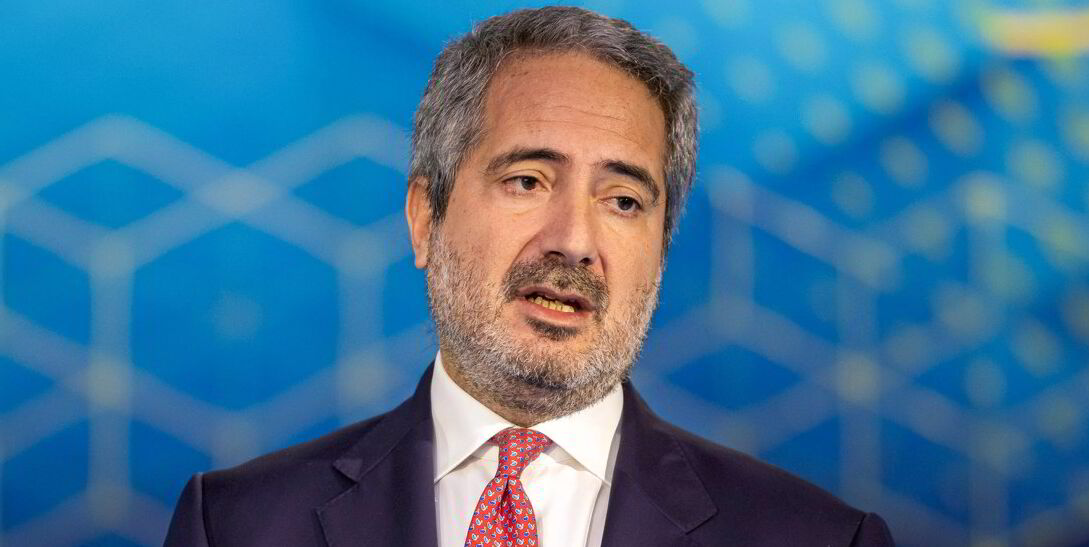New York-listed cruise ship giant Carnival Corp is expecting better profit this year despite alterations to schedules due to Houthi attacks in the Red Sea.
Net income in its second quarter to 31 May was $92m, or $0.07 per share, up nearly $500m from the $407m loss recorded in the same period last year.
The company has outperformed March guidance by nearly $170m, it said, driven by higher ticket prices, higher onboard spending and the timing of expenses between quarters.
It logged record operating profit of $560m, nearly five times 2023 levels, on record revenue of $5.8bn, against $4.9bn in 2023.
Carnival raised its annual profit forecast for the second time this year, expecting higher prices and continued demand.
The shipowner now expects 2024 adjusted earnings per share of about $1.18, compared with its earlier forecast of 98 cents.
The company also forecast an adjusted profit of $1.15 per share for the third quarter.
The stock has fallen more than 11% this year, but rose 6.5% to $17.45 on Tuesday.
“The company continues to experience strong bookings momentum driven by record booking volumes for 2025 sailings,” Carnival chief executive Josh Weinstein said.
“While still early, the cumulative advanced booked position for full year 2025 is even higher than 2024 in both price and occupancy,” he added.
Derren Nathan, an equity research analyst at Hargreaves Lansdown, said the result was ahead of expectations despite disruptions to routing in the Red Sea and the temporary closure of its Baltimore port.
“Customers are still booking in droves with deposits of $8.3bn sailing passed the previous record of $7.2bn,” he added.
“The early signs for next year are also looking good, although it’s still early days,” Nathan said.
He pointed out that net debt remains “stubbornly high” at $27.7bn.
“But the company is treading carefully in terms of newbuild ships, which, barring a stark deterioration in the economy or unforeseen event such as the Covid-19 pandemic, leaves it well positioned to manage capacity and get on top of its debt over the medium term,” the analyst added.




